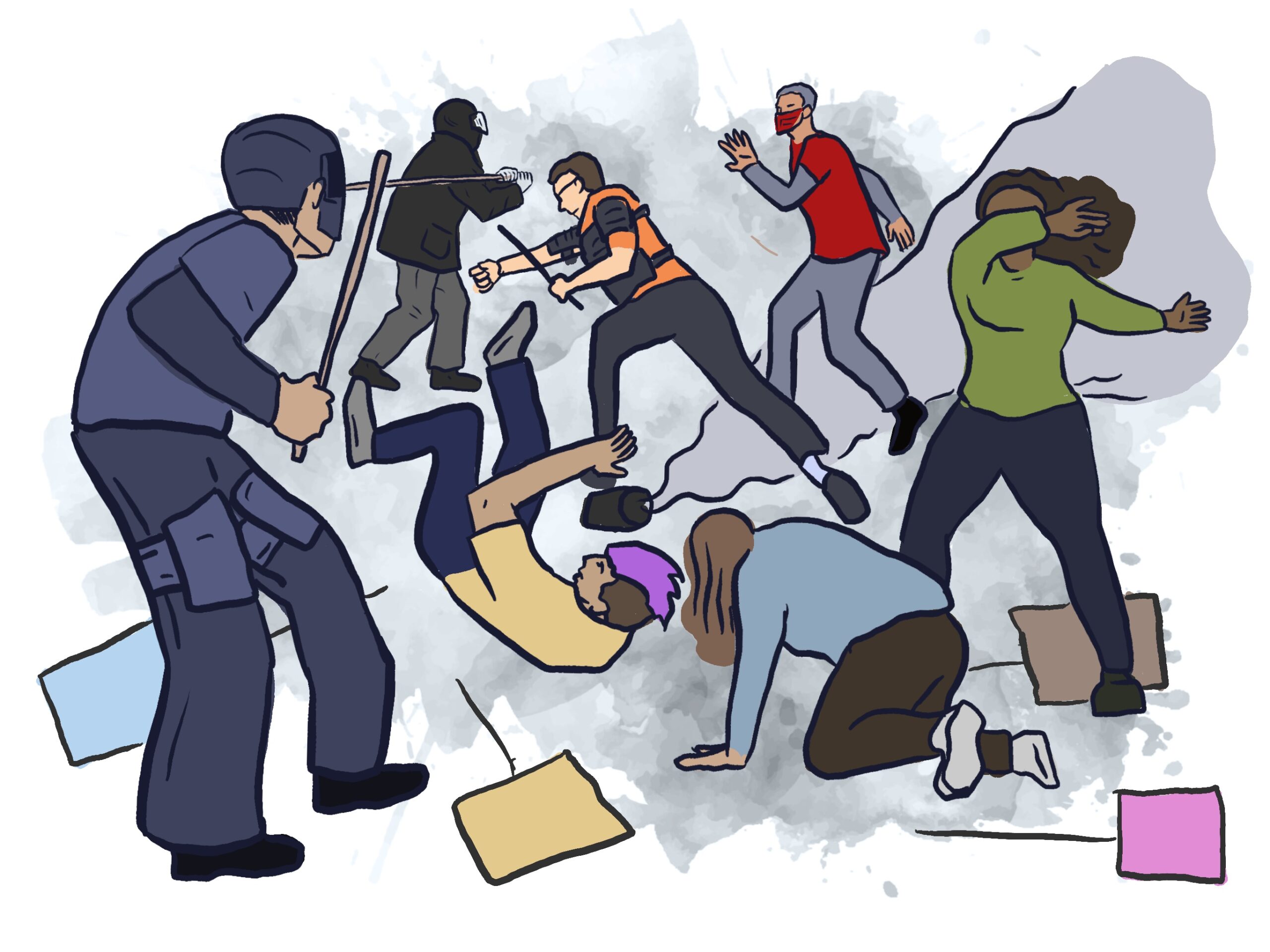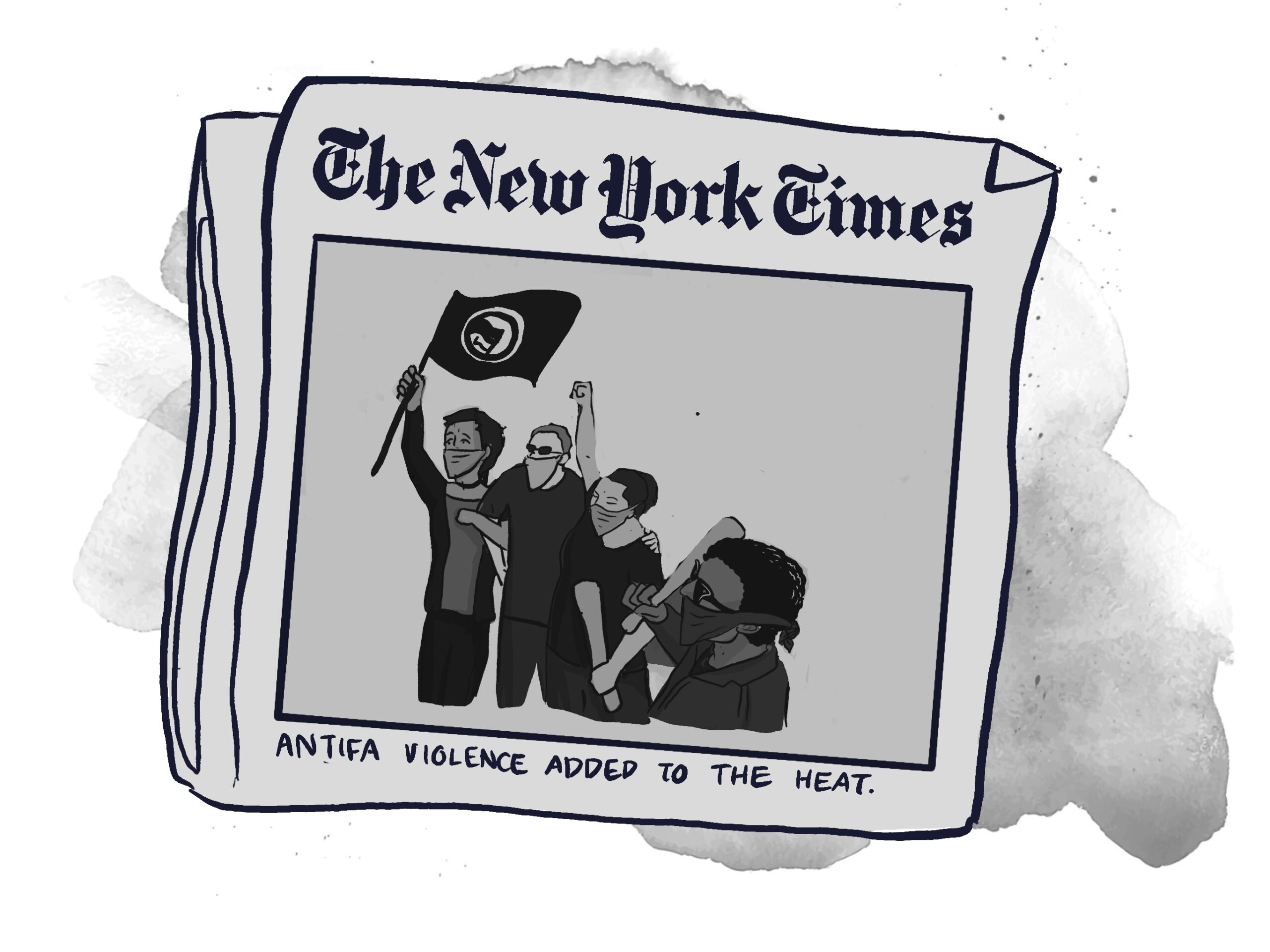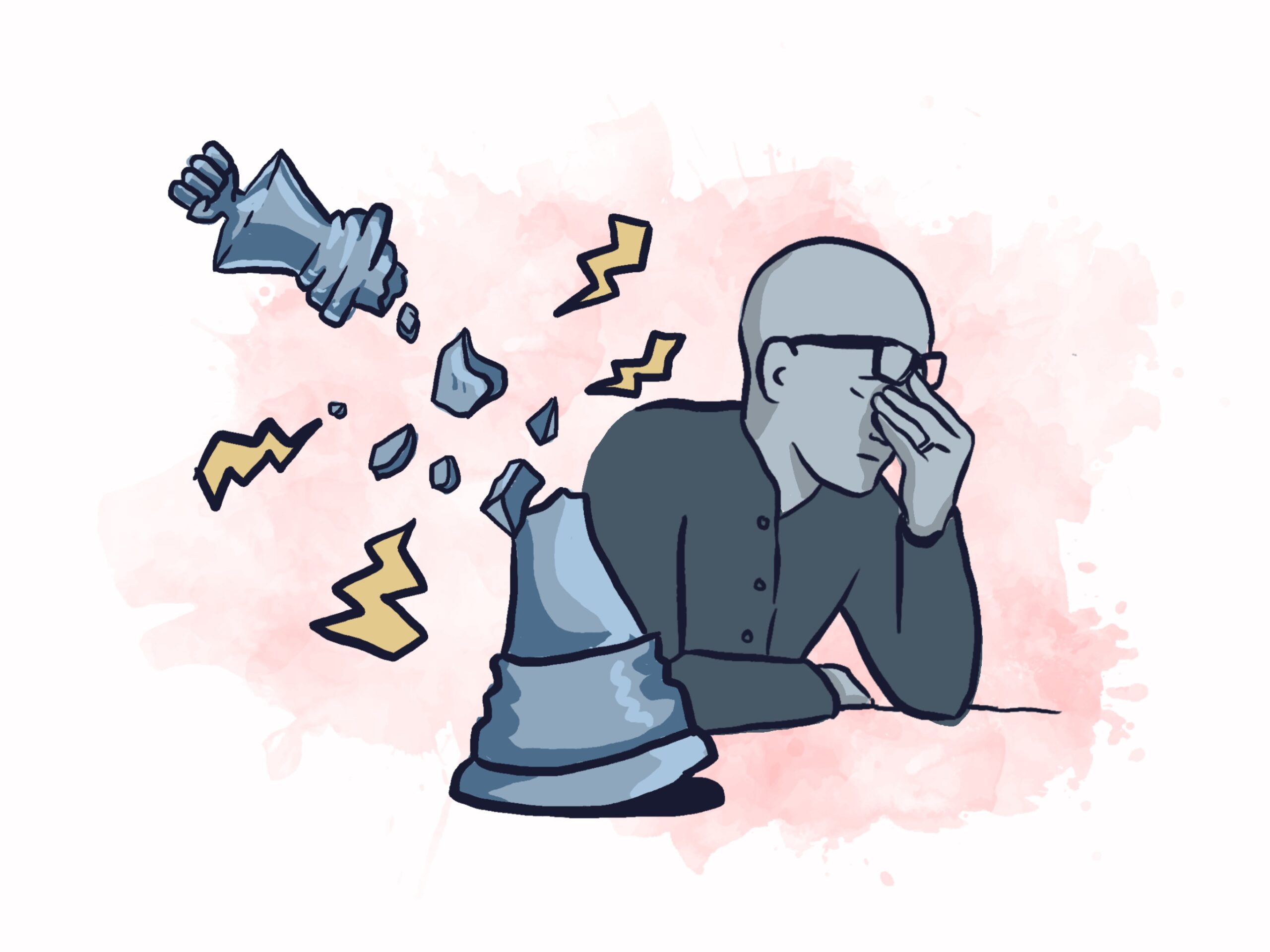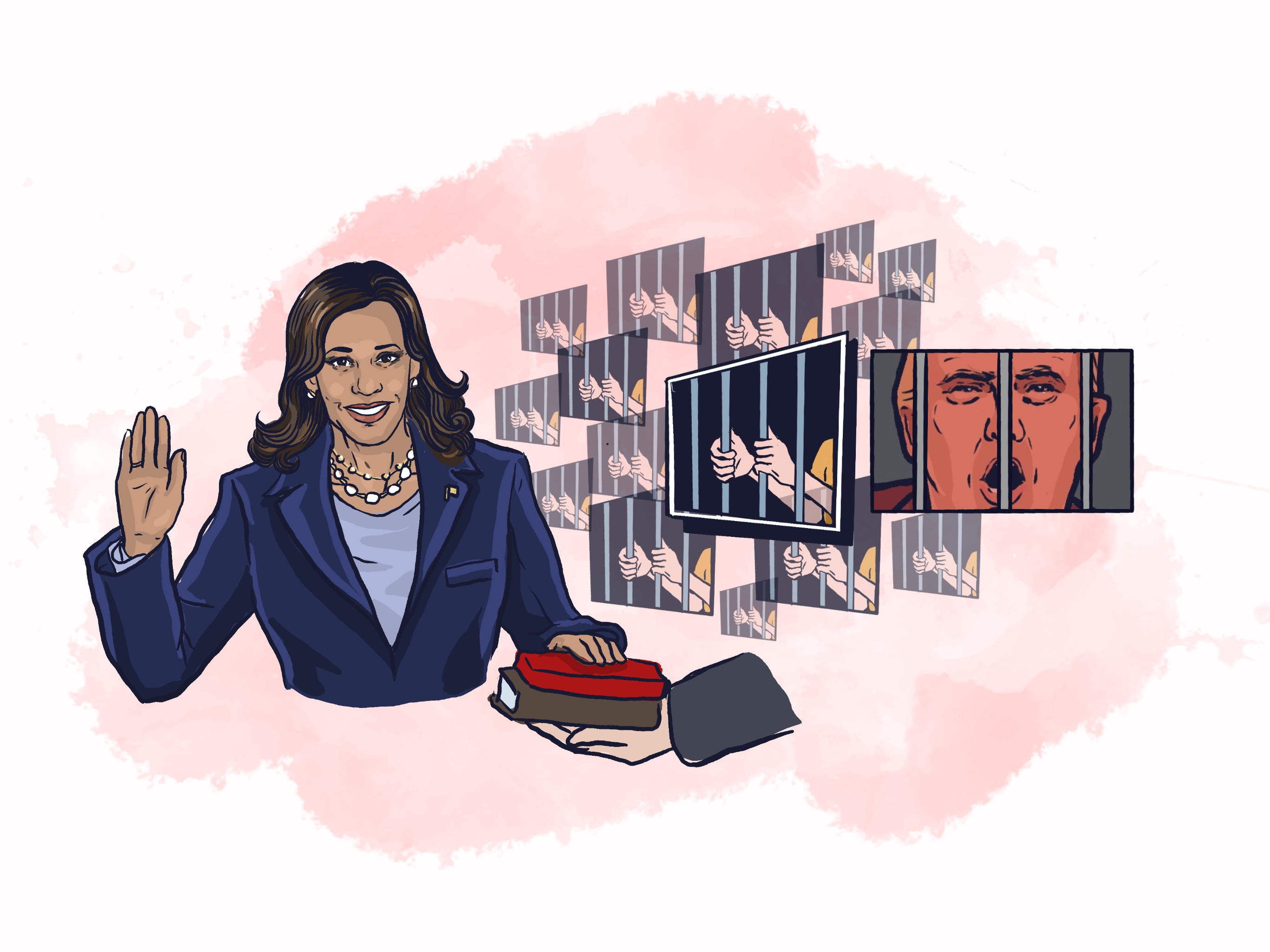You join a group going back into the streets to confront MAGA supporters directly. Few join the protest, scared by the violence. You have one goal: to make sure MAGA can’t take the streets unchallenged. You’re fine with the action being chaotic. The National Guard does not bother you. The police order you to disperse, citing the state of emergency and curfews. You escape them and find some MAGA breakaway groups. You get into yelling matches, which escalate into scuffles.


You arrive home exhausted. News reports intersperse video of your action with other scenes of violence. Your feeling of standing up for your community looks blurry in the news. Your actions haven’t differentiated your tactics from your message. The media frames your action as “ANTIFA violence added to the heat.” You remain proud that you stood up for your rights — and that you didn’t succumb to fear in the midst of it all.
But you see this doesn’t translate very well into political achievements. In the minds of the general public, the street violence only strengthened the justification for the military to take control. You wish you had better remembered you’re not fighting for control of the streets — you’re fighting for legitimacy. And with the chaotic violence, nobody got that point.


Thousands are arrested, including many National Guard members and police who sided with Trump. The situation remains extremely tense and reports of targeted violence remain. On January 20th, President Harris is inaugurated. The coup never wins legitimacy and has been averted. Donald Trump’s court cases catch up with him and he is imprisoned. But the work of creating a much stronger, more robust democracy remains.
THE END.
You survived the transfer of power, but you could have been more efficient. Researcher Stephen Zunes has identified four things we need to stop a coup: widespread opposition, nonviolent discipline (to avoid giving the wanna-be autocrat excuses for more violence), alliance building, and refusal to recognize the coup plotters as legitimate. In a coup situation, you don’t confront the extreme — you speak to the middle.
Read Closing Thoughts from the author.
